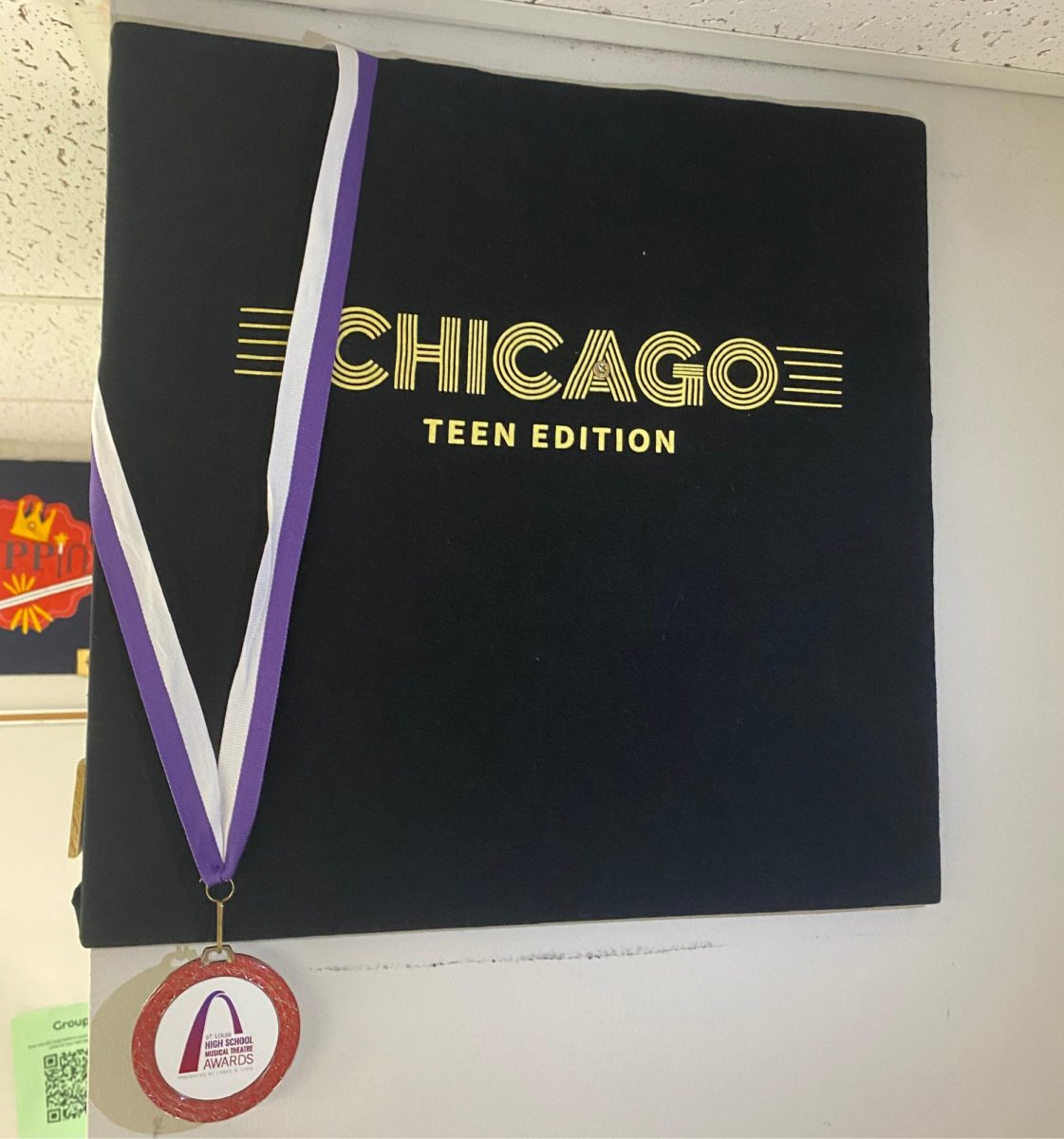Music Molds the Mind
October 27, 2016
There is no question that music and mood are connected. Songs have the ability to change our emotions, just as how we feel changes what we listen to. Everyone has different “go to” artists that put them in the best mood, but music has the ability to bring all people together.
Music affects all of us in many ways, but those who play music have more changes than others. For both personal and scientific reasons, I believe music is an important part of childhood that should be utilized.
I have played classical piano since I was six years old and it has definitely shaped my approach to school. Studying something so structured at a young age made me just as dedicated to my schoolwork. Playing piano and studying classical voice has helped me strive for the best and diligently work on my studies because it showed me that when time and effort are put in, good results come out.
Not only has it affected my actions, but it has also shaped my personality. I am a perfectionist because of my classical training, which comes with positives and negatives, but has always driven me to work hard in everything that I do.
Studies back this up, saying that the brains of musicians differ from those of nonmusicians. According to Don Campbell, author of “The Mozart Effect,” studies have shown that the corpus callosum, which connects both sides of our brain, becomes thicker and stronger in children who play an instrument. This allows for more learning and creativity to take place between the logic and creative sides of our brain.
These connections may also impact the intelligence of people who play music. A study at Central Michigan University showed that students “with experience in musical performance” scored 51 points higher on the verbal part of the SAT and 39 points higher in math than the average person.
Besides just intelligence, music impacts behavior and mood. According to Campbell, Walt Disney film scores and New Age music performed a study where children were asked to draw what they were feeling when listening to certain music.
The results showed that 40 percent of the children who were considered at-risk showed anger, depression and violence in their drawings. The research concluded that children were more willing to express their emotions through art and music rather than verbally.
Music can express what words cannot.
It has been my form of therapy for years, allowing me to express my emotions through a positive outlet, rather than yelling at my mom or shutting myself off from everyone. Some of my best performances have come from placing my emotions into my playing, creating something realistic and relatable.
Not every person is musical, but creating an environment of music in the life of a child could impact them in ways we may never understand. Music has changed the way I look at my life, and I know that it is for the better.











